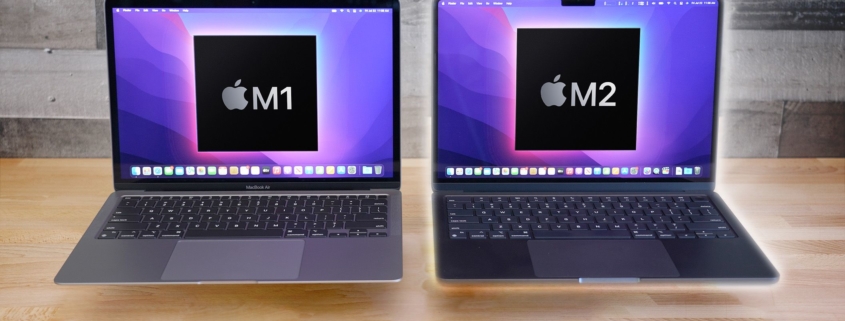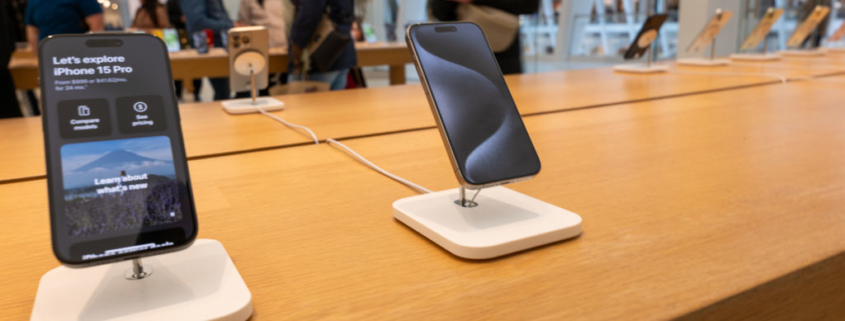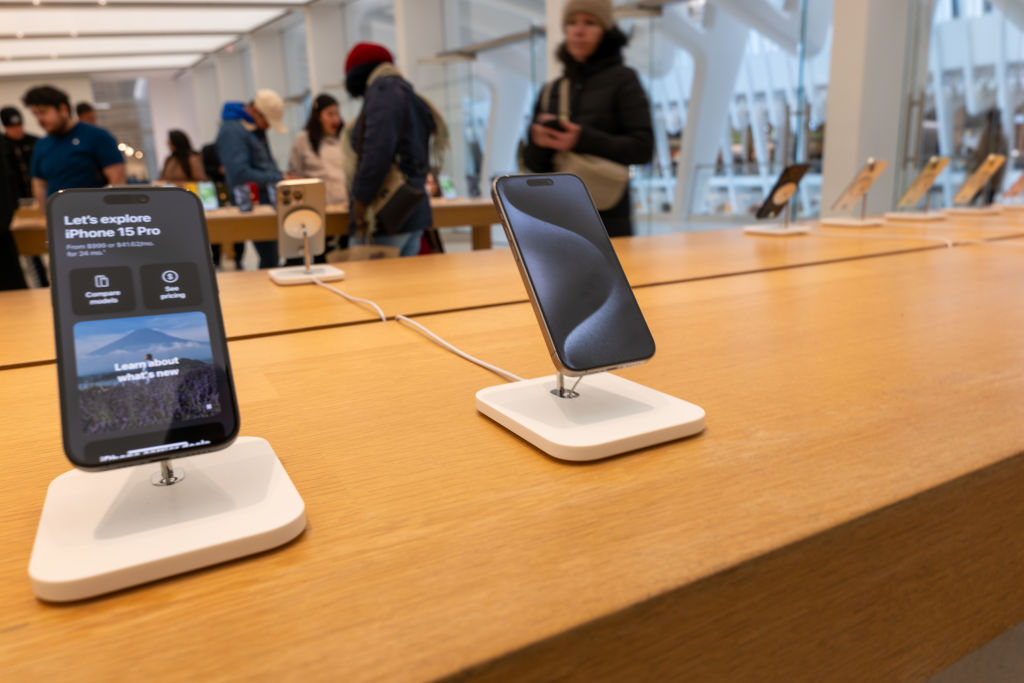Apple Chip Flaw Leaks Secret Encryption Keys
The next time you stay in a hotel, you may want to use the door’s deadbolt. A group of security researchers this week revealed a technique that uses a series of security vulnerabilities that impact 3 million hotel room locks worldwide. While the company is working to fix the issue, many of the locks remain vulnerable to the unique intrusion technique.
Apple is having a tough week. In addition to security researchers revealing a major, virtually unpatchable vulnerability in its hardware (more on that below), the United States Department of Justice and 16 attorneys general filed an antitrust lawsuit against the tech giant, alleging that its practices related to its iPhone business are illegally anticompetitive. Part of the lawsuit highlights what it calls Apple’s “elastic” embrace of privacy and security decisions—particularly iMessage’s end-to-end encryption, which Apple has refused to make available to Android users.
Speaking of privacy, a recent change to cookie pop-up notifications reveals the number of companies each website shares your data with. A WIRED analysis of the top 10,000 most popular websites found that some sites are sharing data with more than 1,500 third parties. Meanwhile, employer review site Glassdoor, which has long allowed people to comment about companies anonymously, has begun encouraging people to use their real names.
And that’s not all. Each week, we round up the security and privacy news we don’t cover in depth ourselves. Click the headlines to read the full stories. And stay safe out there.
Apple’s M-series of chips contain a flaw that could allow an attacker to trick the processor into revealing secret end-to-end encryption keys on Macs, according to new research. An exploit developed by a team of researchers, dubbed GoFetch, takes advantage of the M-series chips’ so-called data memory-dependent prefetcher, or DMP. Data stored in a computer’s memory have addresses, and DMP’s optimize the computer’s operations by predicting the address of data that is likely to be accessed next. The DMP then puts “pointers” that are used to locate data addresses in the machine’s memory cache. These caches can be accessed by an attacker in…




